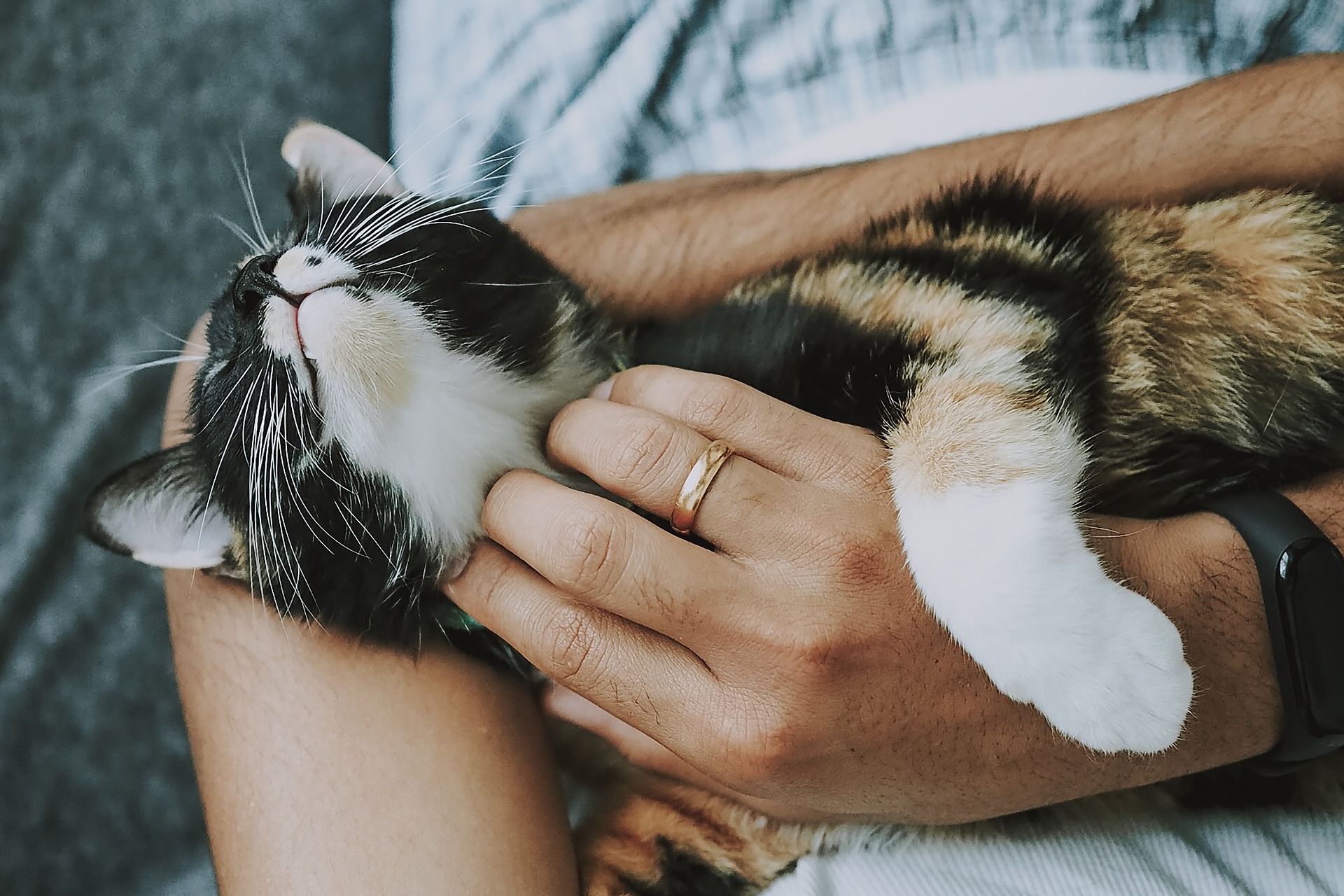Understanding Your Pet's Sleep Pattern: The Key to Better Health
Discover the importance of understanding your pet's sleep pattern and how it can impact their overall health. Read below for a comprehensive guide on this trending topic in the pet care industry.

The Importance of Pet Sleep Patterns
Just like humans, animals also possess unique sleep patterns that significantly influence their health and wellness. Recognizing these patterns can help pet owners identify changes in behavior, signifying potential health issues early on. Understanding your pet’s sleep schedule can also aid in creating a comfortable environment that promotes consistent, quality rest.
Recognizing Your Pet’s Sleep Pattern
Pets, such as dogs and cats, have different sleep patterns compared to humans. In general, pets spend more time in light sleep and less time in deep sleep. They also tend to nap throughout the day, with cats sleeping up to 16 hours and dogs sleeping roughly 12-14 hours. Observing these patterns and recognizing any significant changes can be critical in detecting health issues.
The Impact of Disrupted Sleep Patterns
Disrupted sleep patterns in pets can lead to numerous health issues such as obesity, heart disease, and behavioral problems like anxiety and aggression. Lack of sleep may also affect their immune system, making them more susceptible to infections and diseases. If your pet displays signs of sleep disruption, such as unusual restlessness or excessive sleepiness, it’s essential to consult with a veterinarian.
Useful Tips and Facts:
- Cats are crepuscular, meaning they’re most active during dusk and dawn.
- Dogs, similar to humans, have a sleep cycle that includes stages of REM sleep.
- Disruptions in your pet’s sleep pattern could be due to various factors, such as diet, stress, or underlying health issues.
- Keeping a consistent routine, including feeding and exercise times, can help regulate your pet’s sleep cycle.
- Certain breeds may require more sleep than others. For example, large breed dogs tend to sleep more than smaller breeds.
How to Support Healthy Sleep Habits
There are several ways to promote healthy sleep habits in your pet. Maintaining a regular feeding and exercise schedule can help regulate their internal body clock. Providing a comfortable and quiet sleeping environment can also enhance their sleep quality. Moreover, regular vet check-ups can help detect any potential issues that may be affecting your pet’s sleep.
The Role of Diet and Exercise in Sleep Regulation
Diet and exercise play a crucial role in your pet’s sleep regulation. A balanced diet can provide the necessary nutrients for restful sleep, while regular exercise can help your pet expend energy and promote better sleep. Be sure to consult with your vet to establish a proper diet and exercise routine that suits your pet’s unique needs.
In conclusion, understanding your pet’s sleep pattern is vital for their overall health and well-being. As a pet owner, it’s your responsibility to observe their sleep habits, recognize any significant changes, and take appropriate action. A healthy sleep pattern not only contributes to your pet’s physical health but also their mental and emotional well-being. By appreciating the importance of sleep, you can ensure your pet lives a healthy, happy, and fulfilling life.




